Account receivables forecasting is an effective way to get better at collecting on invoices that are due. Financial forecasting of topline revenue – account receivable and collections – with an emphasis on seasonality is important. For example, some businesses generate most of their revenue during only certain parts of the year.
If you can predict and forecast the aging of your receivables and establish triggers when payments are outside normal history – you can start mediating the process earlier. As the model indicates a possible write off, you are better off collecting less than 100%. When an account does go into collections, do not be quick to write it off. There are numerous third-party resources that will work to get the money owed. If you are willing to write it off, why not collect 50 or 70 cents on the dollar instead.
Do not stop just with revenue. Forecast your expenses as well. Your terms with vendors will vary from 30-120 for payments due, but too often companies pay invoices when submitted. The larger the bill, the better it is to wait. Why pay millions of dollars early when you could be giving up extra income on that cash. Know when your payments are due and pay them on-time but not before. Smaller firms may not be sitting on such amounts, but the concept is the same, do not pay early. Use the terms of your vendors to your advantage.
There are a few ways to help manage accounts payable and better manage your cash outflow. Focus on project-based financing for new or special projects. Branding and marketing are common cost centers that benefits from this approach. There is an expectation that the efforts will generate a return – but not until later. Some expense will have to be borne up front, but eventually new revenue should cover the extra cost. Negotiate the contracts with your vendors to match the outflow of your costs with the timing of the expected return. It can be difficult to determine the return on such investments. Outside advisors, like Eventus, can help do this, and make it cheaper to make the decision.
Speaking of contracts, most companies have payables tied to ongoing contracts for services or software and other vendors. Sometimes these third-party arrangements can get out of hand as they often renew automatically. Calendar the renewals so you know when renewals are coming due and take the opportunity to review. Do you still need the service? Can we renegotiate? If you plan, you will be less likely to end up renewing at the last minute because you are just not sure. Create a plan “B.” Even if you still need the service, it could provide you negotiating leverage.



